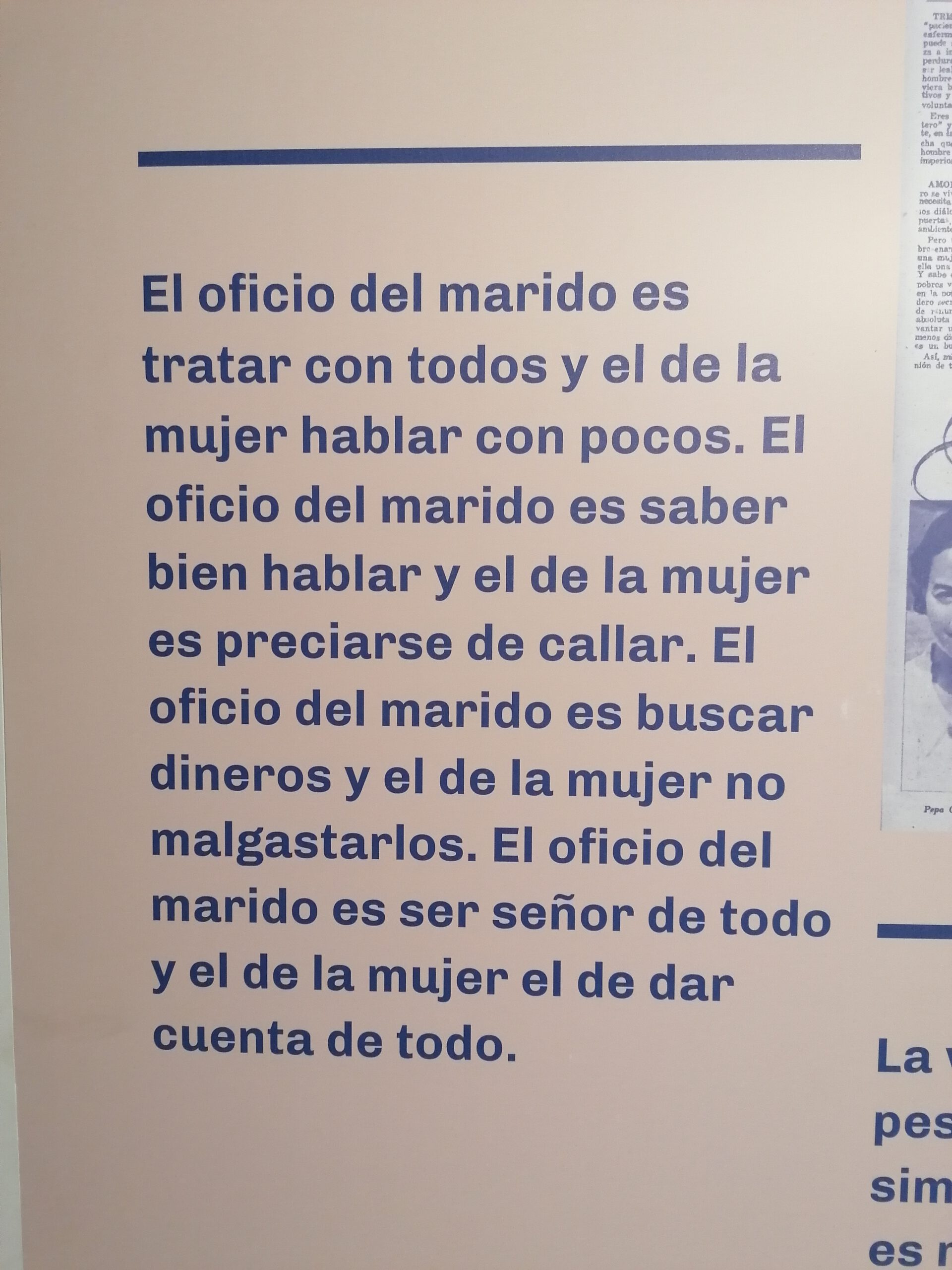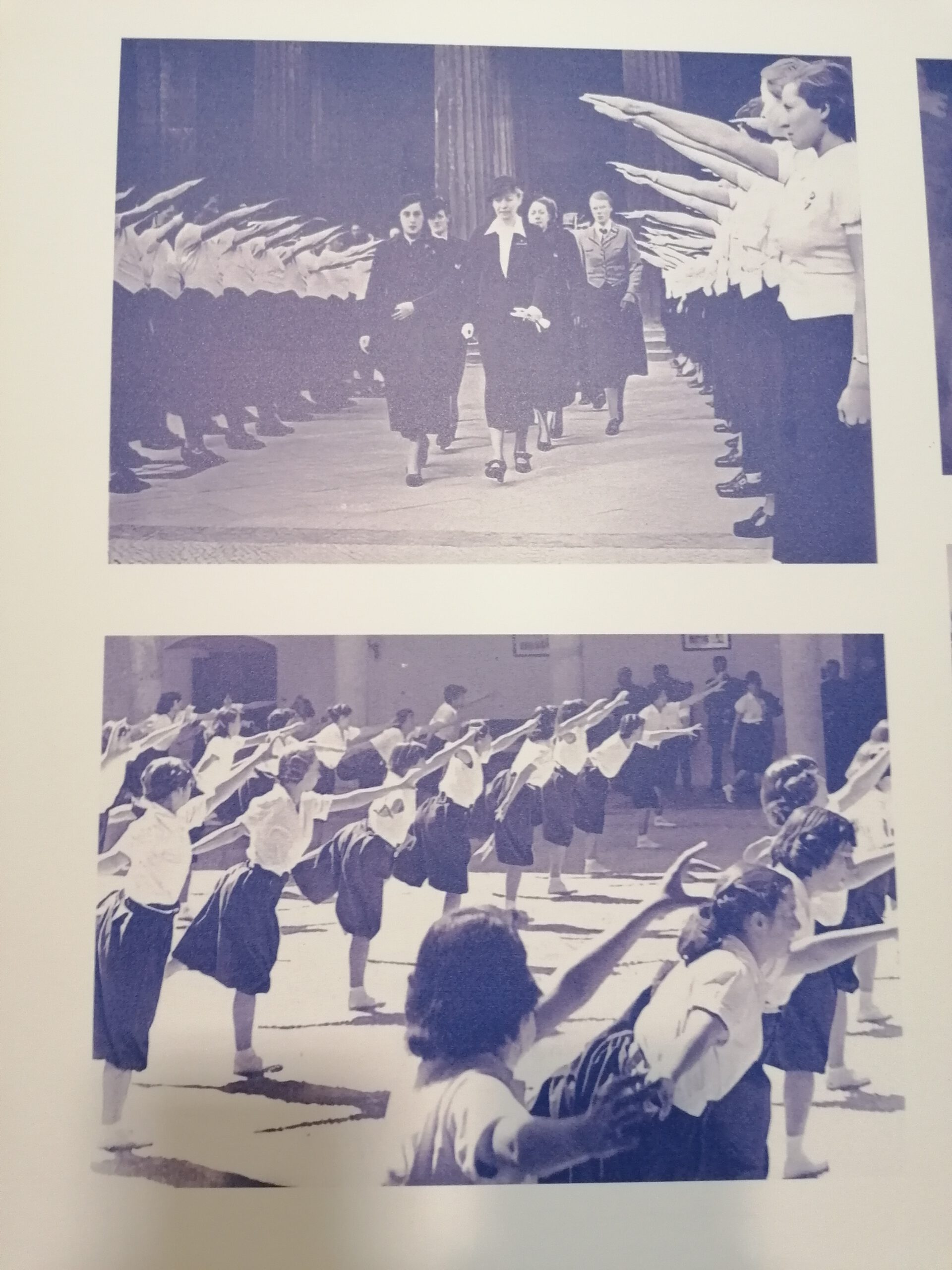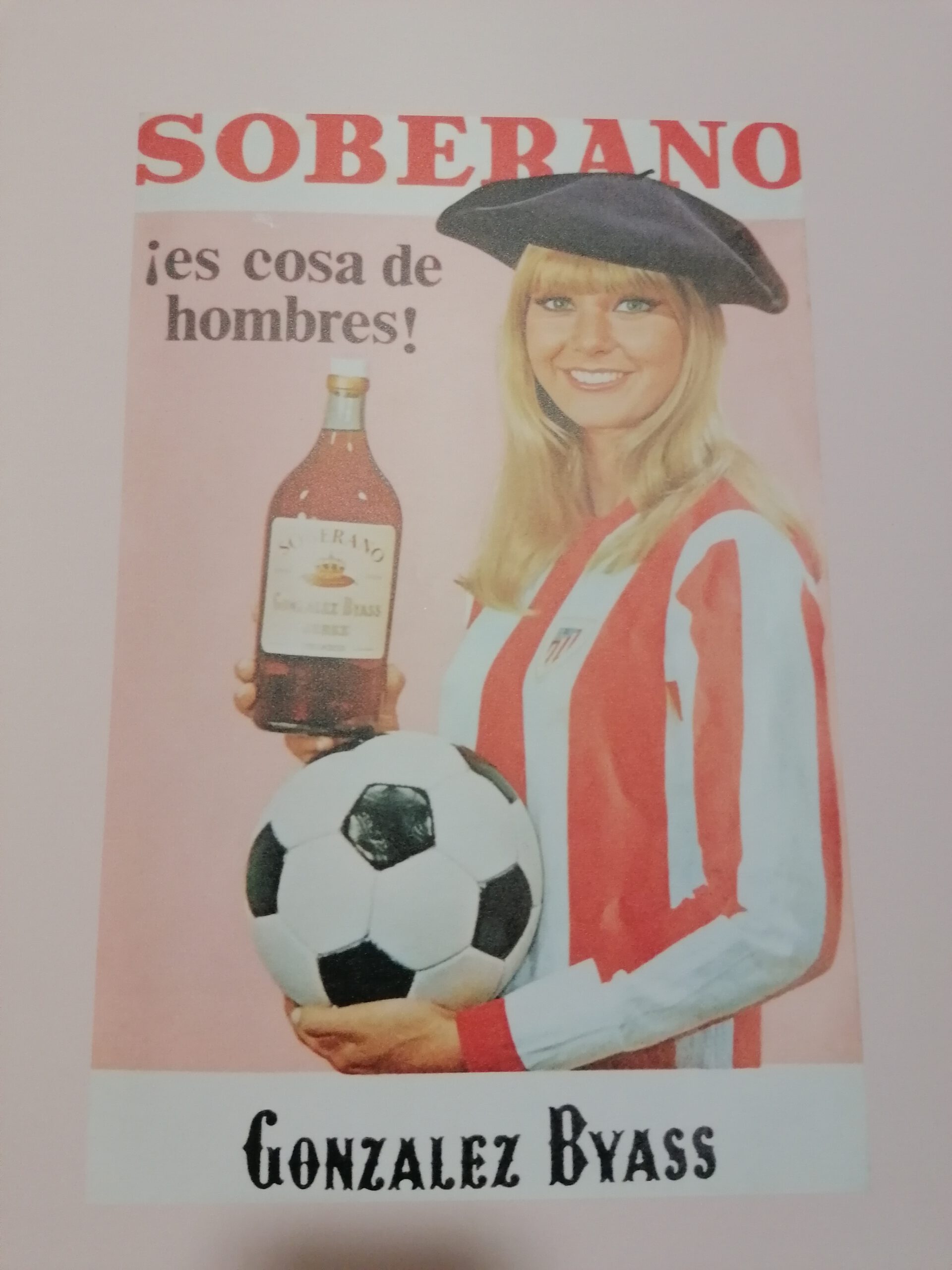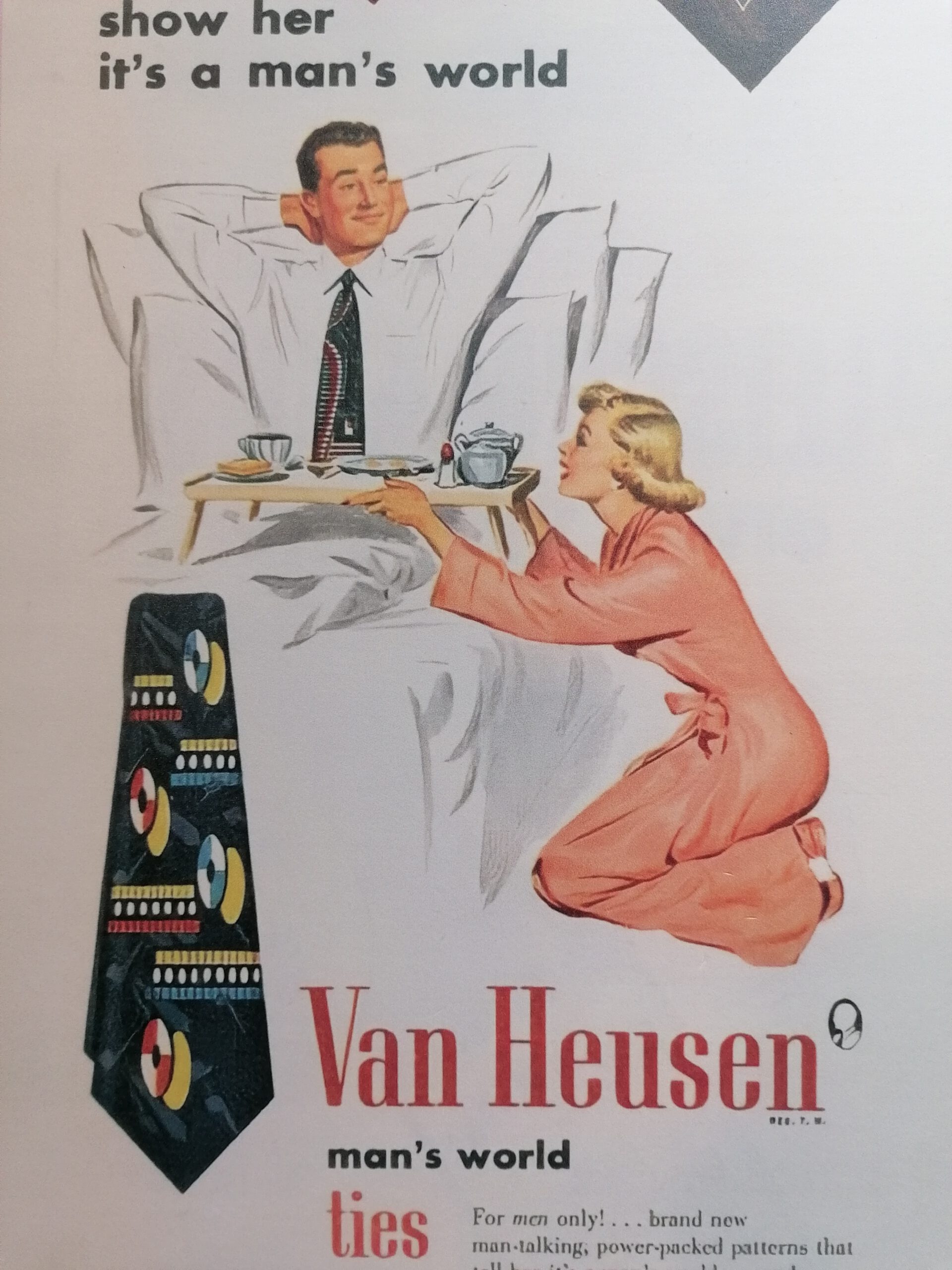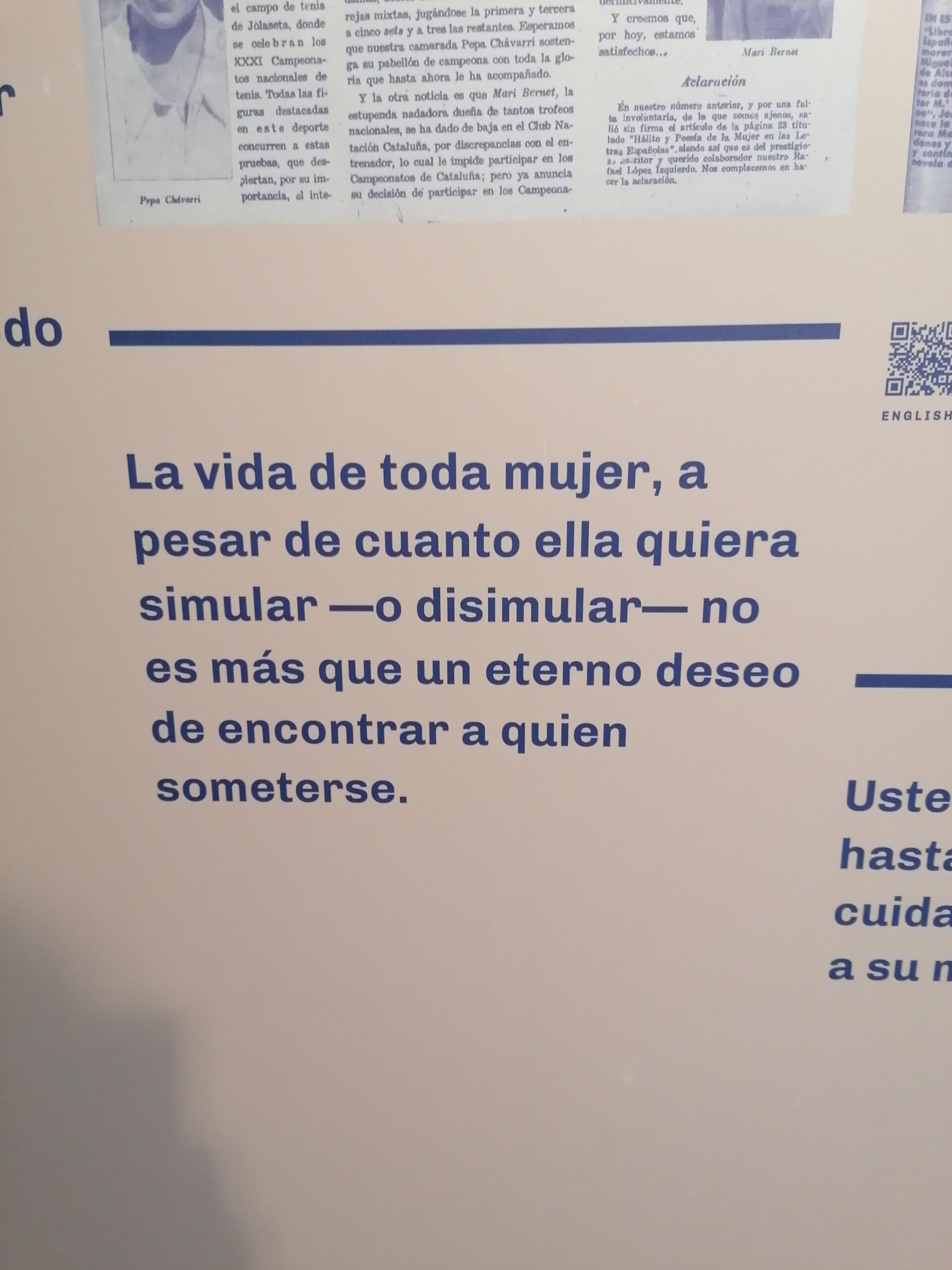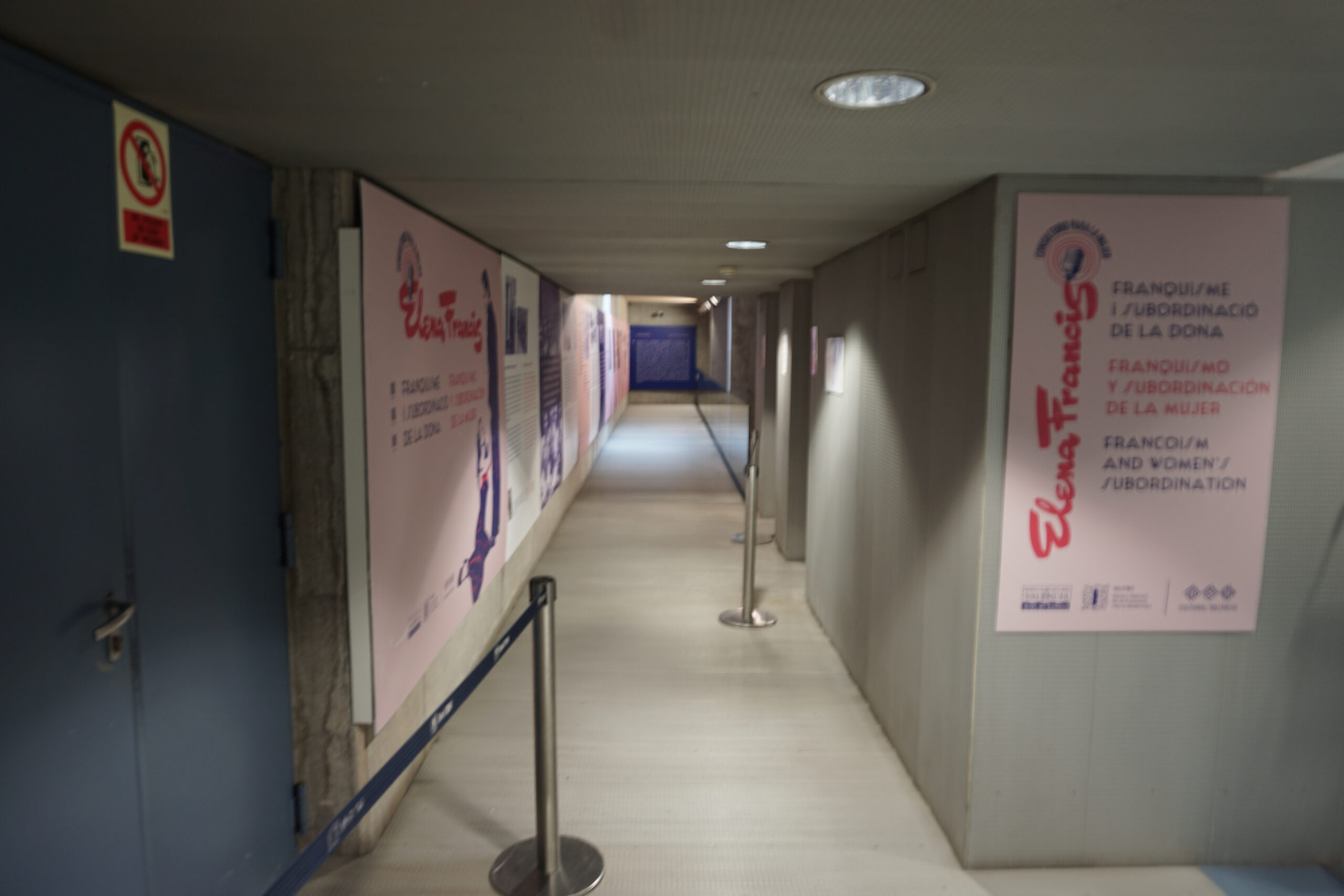Since my last post, I’ve been to Avignon and Montpellier and explored both cities with my friend Jakob. From Montpellier I hitchhiked to Barcelona and met some super cool people there, as well as seeing the city and meeting my friend Sandra. Since Friday I’ve been in Valencia, visited a few cafés and bars, did some geocaches and watched Valencia lose against RCD Mallorca in football. On Monday I visited the SEA-EYE 4, which is moored in the harbour near here. I have seen and experienced a lot so far!
In this blog post, I want to tell you about some special encounters: with old faces and with new, exciting and helpful people. I would also like to give a short input/nudge on the time of fascism under Franco – more specifically on an exhibition about the systematic oppression of women during Franco’s time.
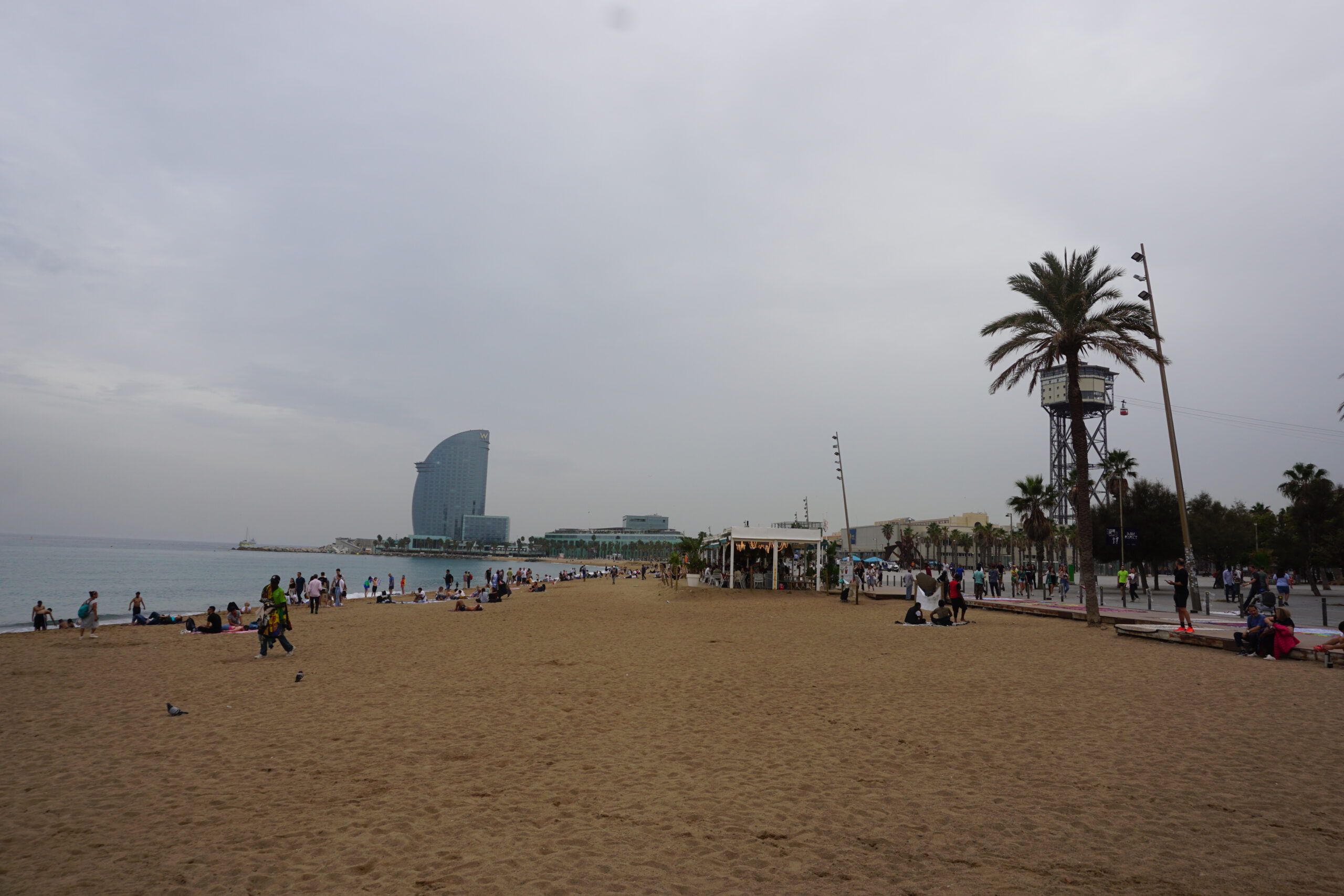
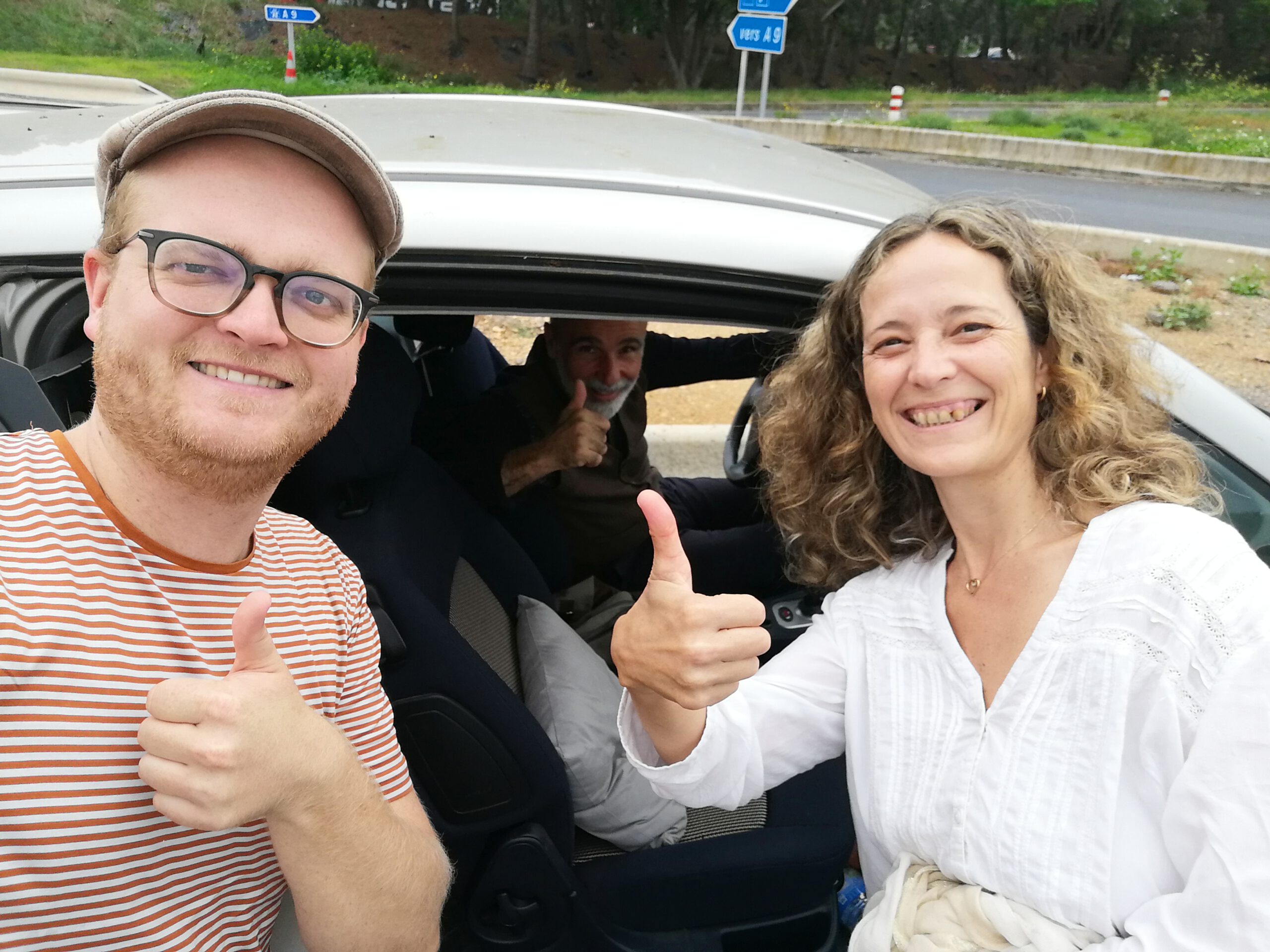
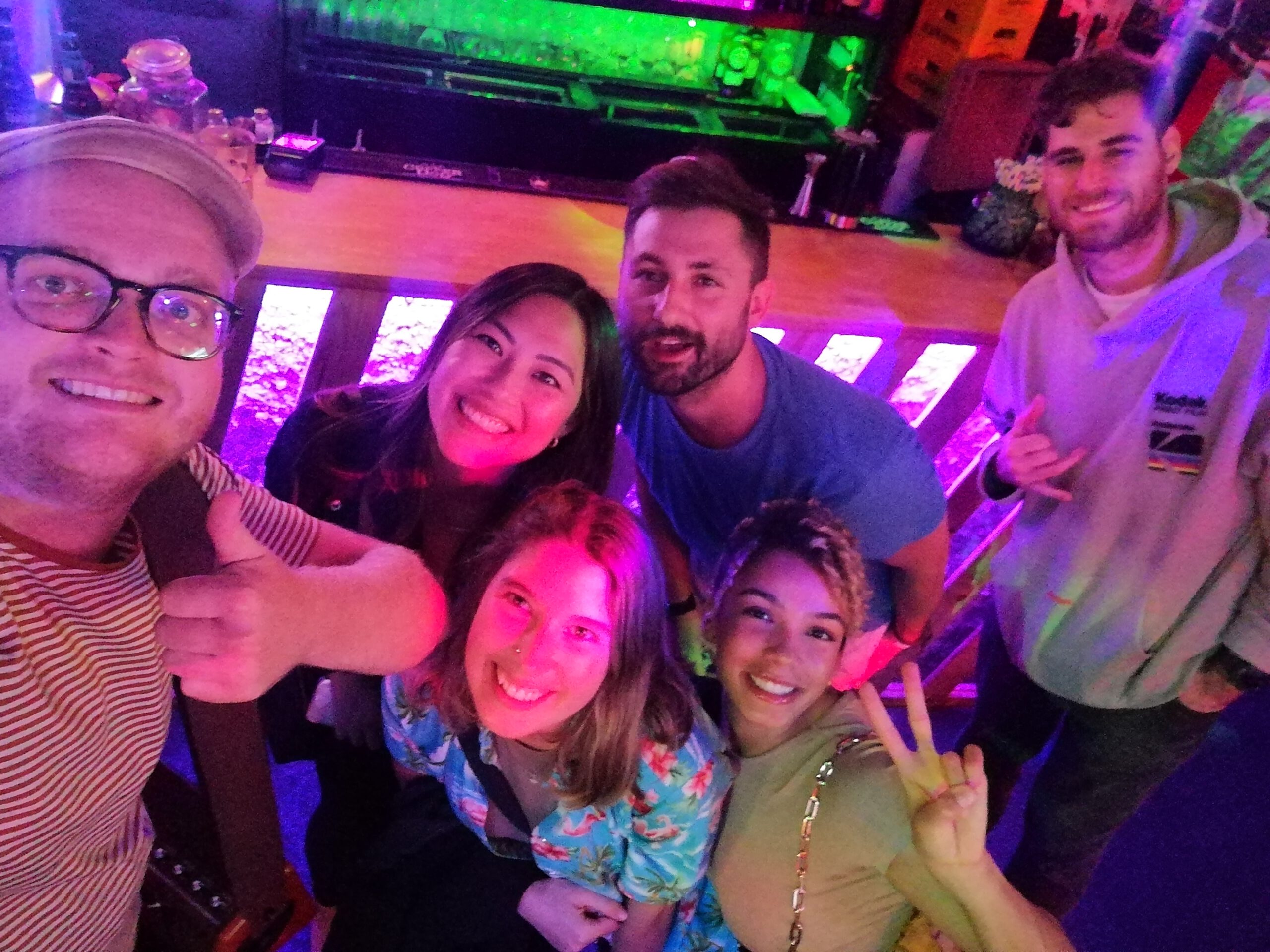
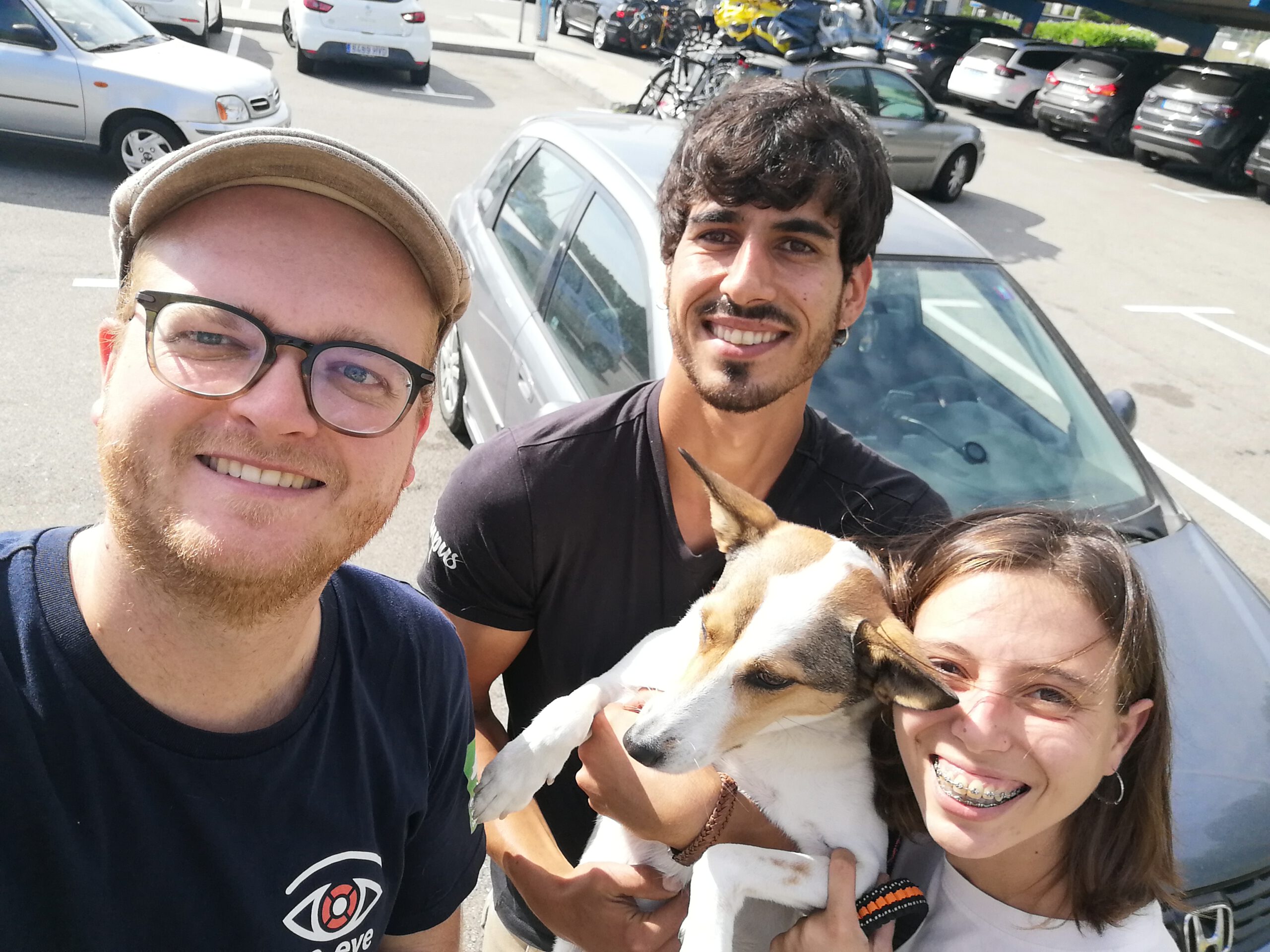
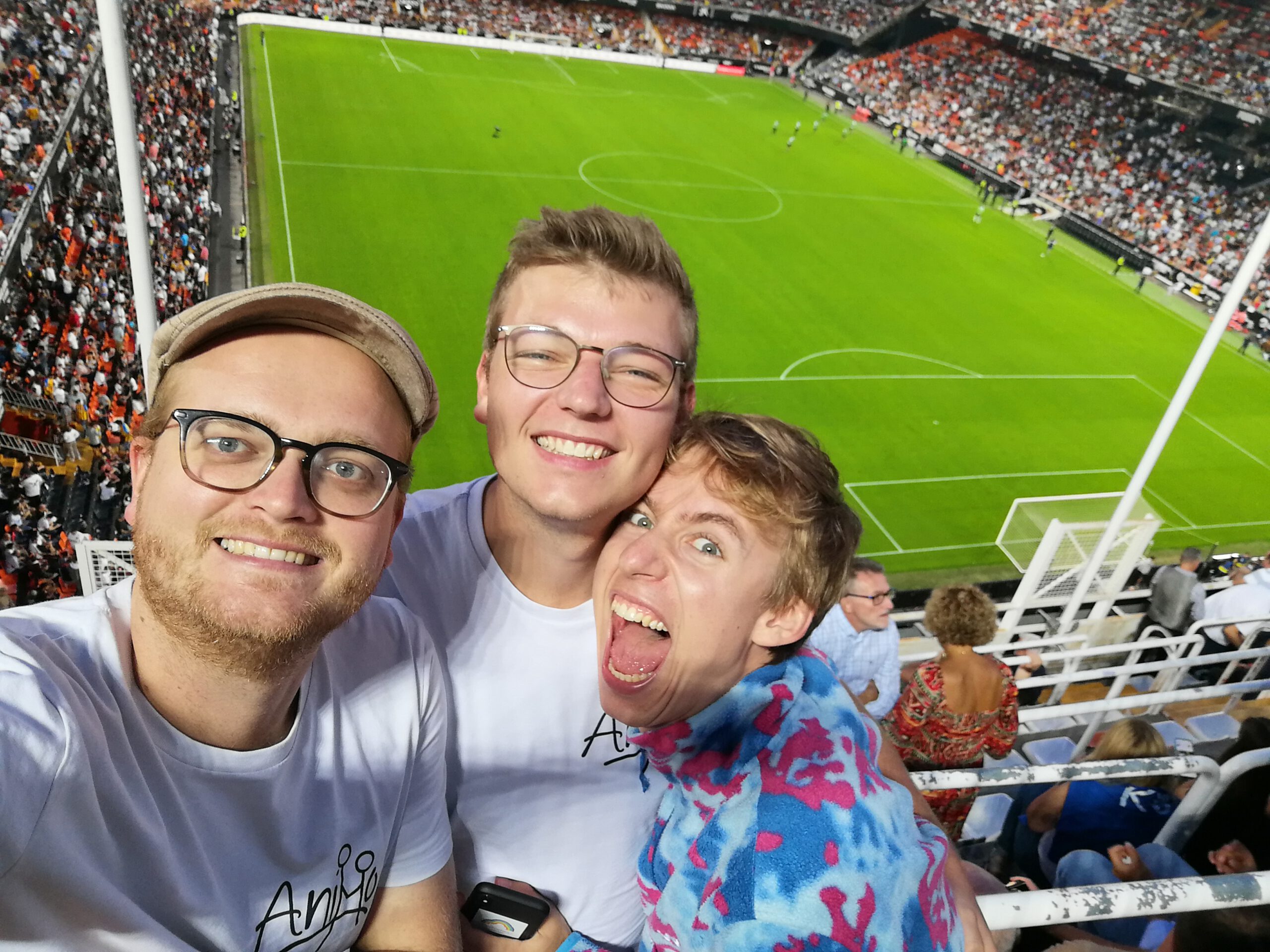
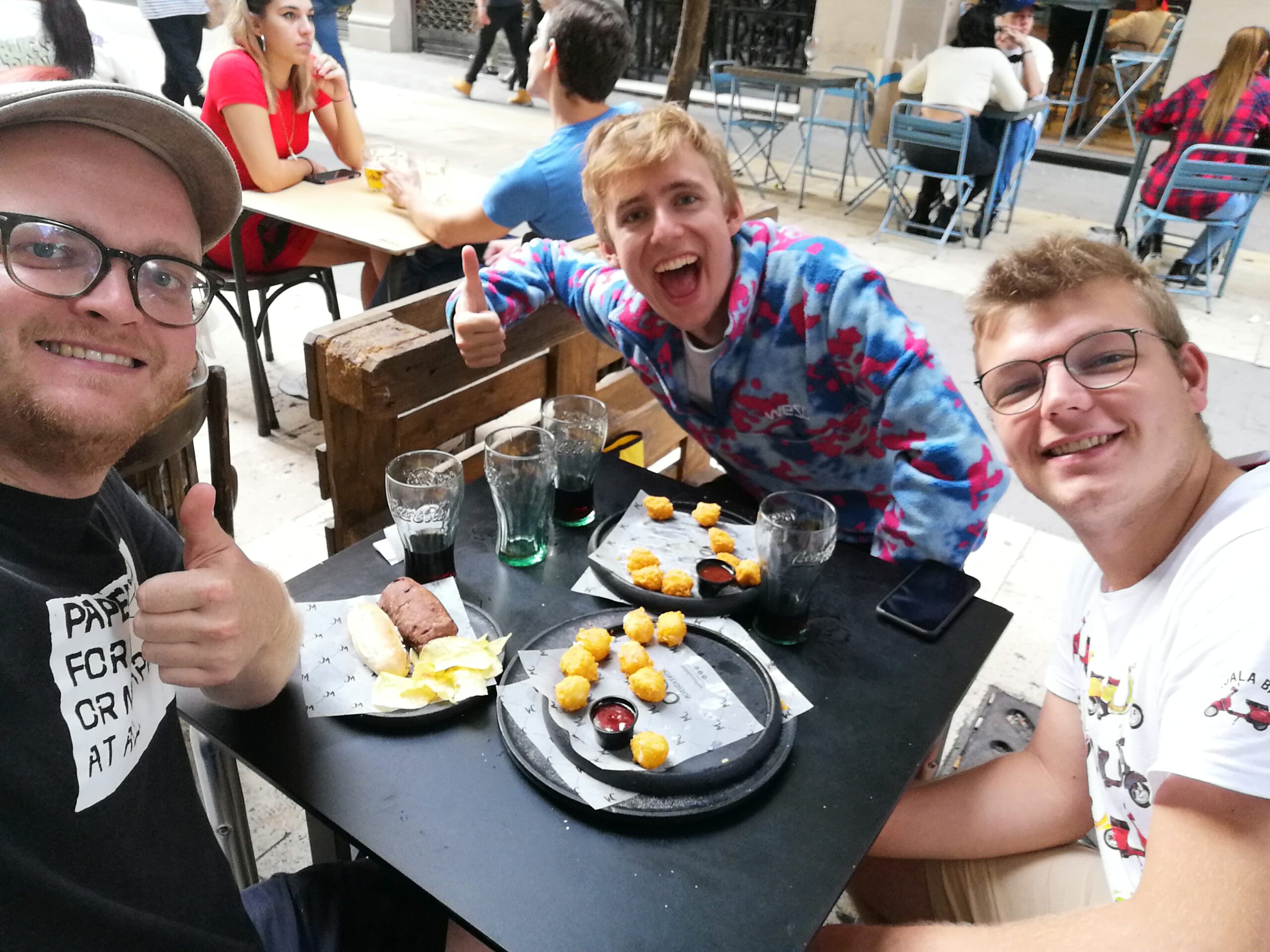

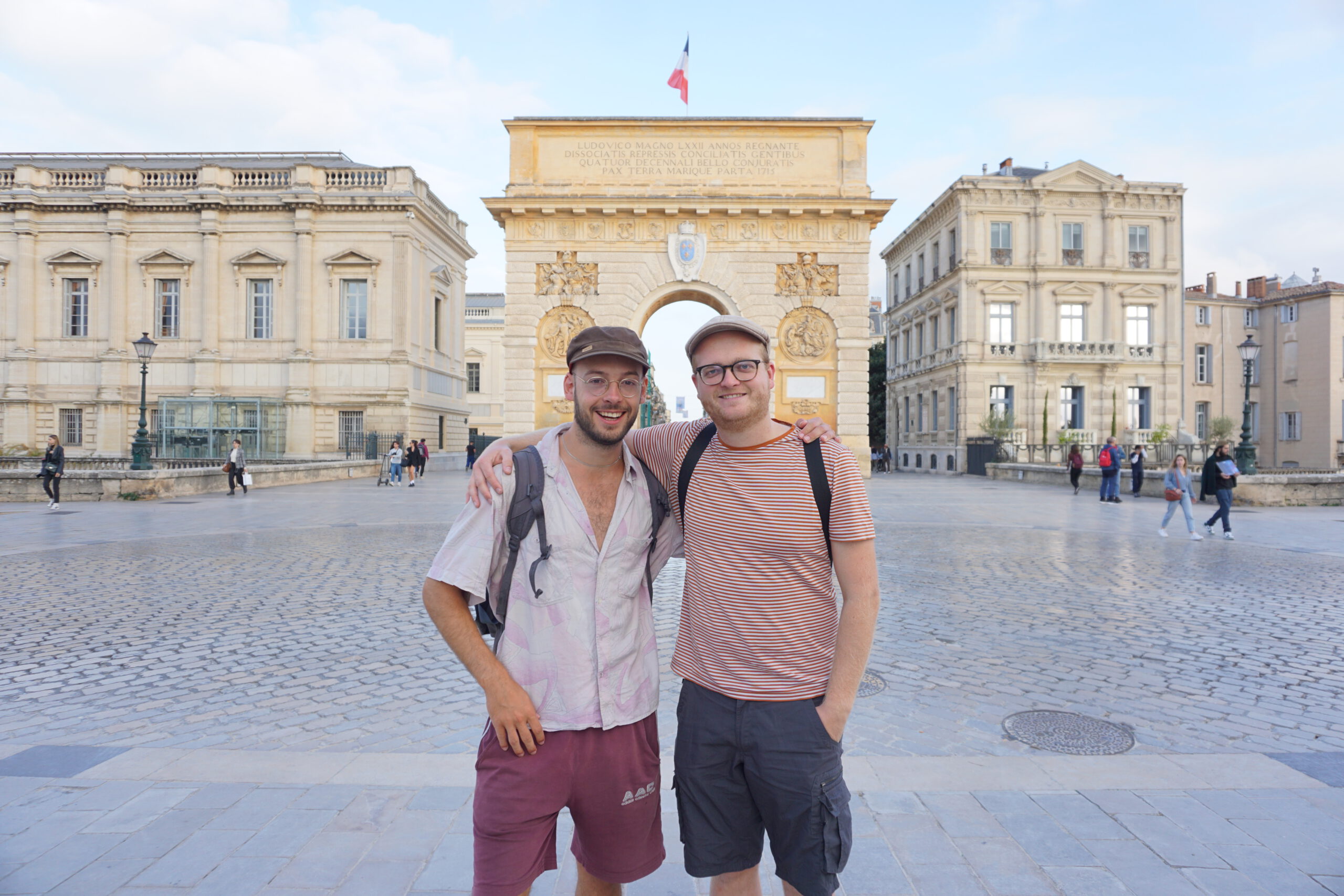
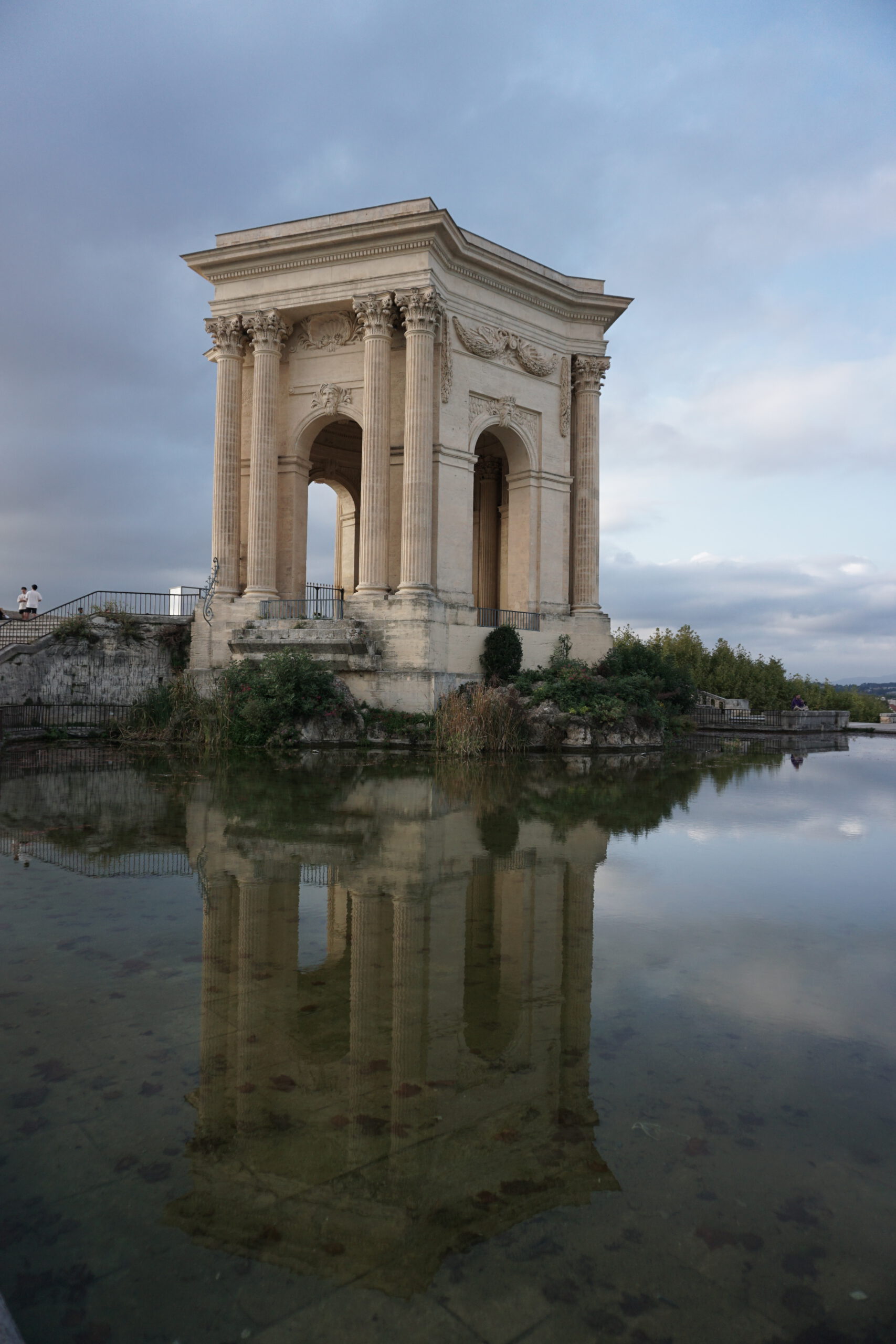
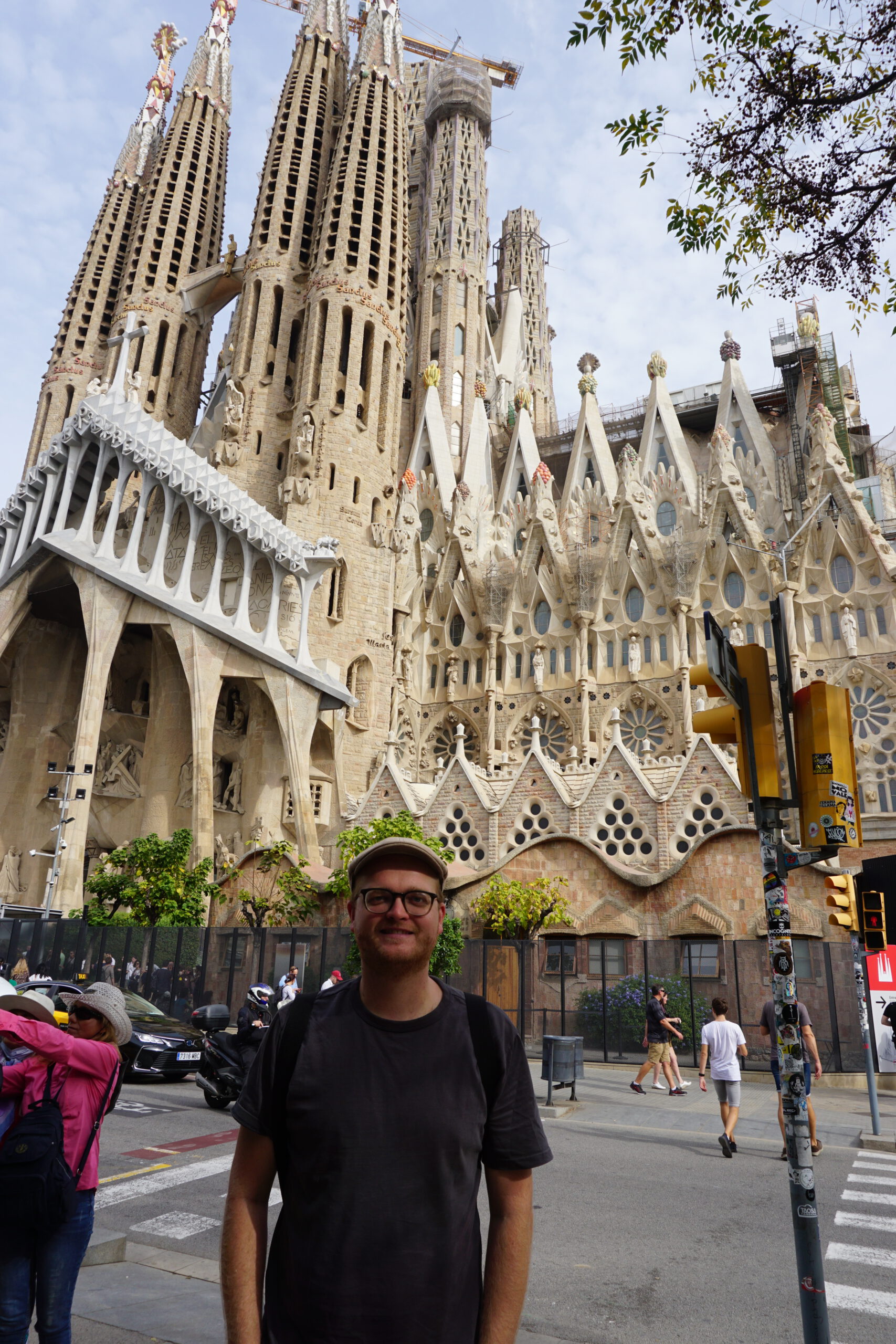
A week ago Sunday, I was stranded in Lausanne. The last two people to give me a lift were Mattia and Didi. Mattia told me when they dropped me off that I could spend the night with them if I got stuck.
I’m sure I would have still made it to Geneva. But a few lost headphones and a long search later, it got dark and I accepted the offer. And as it happens, that’s exactly what was to happen: Mattia and Didi were super nice. There were also Angela and Damien in their shared flat. They had just cooked dinner and invited me to eat and play billiards as a matter of course. I was able to teach them a new game of billiards that I know from Mexico and that they have been playing ever since, as they wrote to me.
The conversations with them were totally exciting. They recently bought the house where the six of them live and a farm belonging to it and want to start their own solidarity-based agricultural project there. Mattia brews his own beer and Damien, who comes from Guatemala and had contacts for me there, is a baker. So my breakfast the next day was extremely tasty: home-baked walnut bread with French cheese.
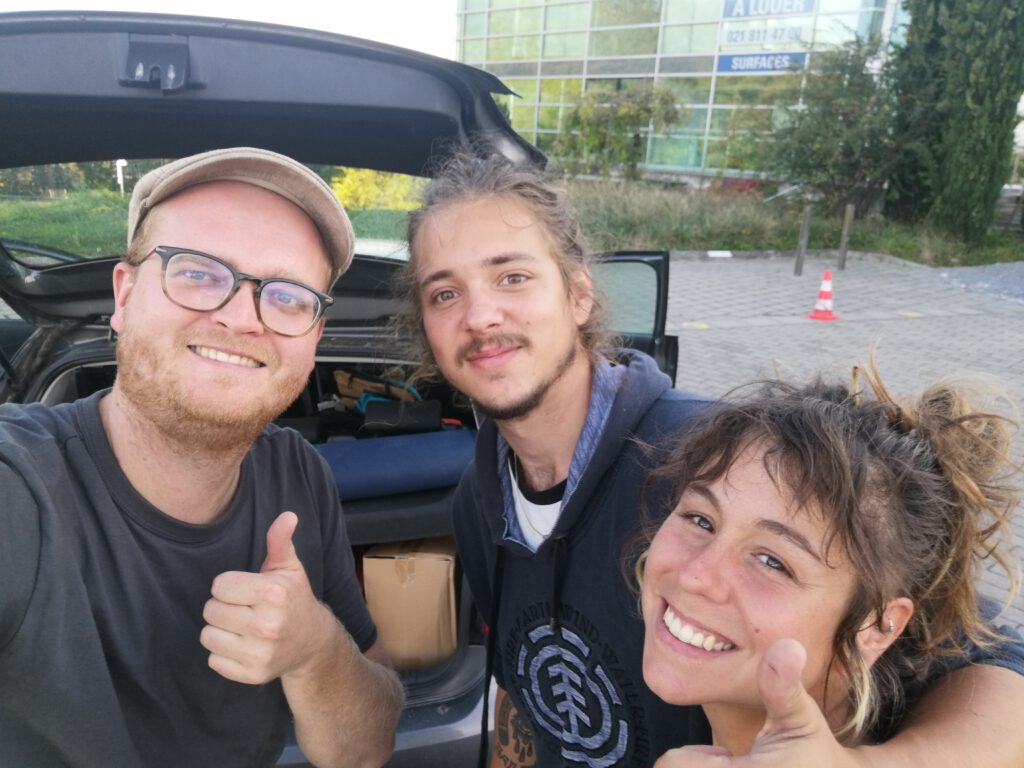
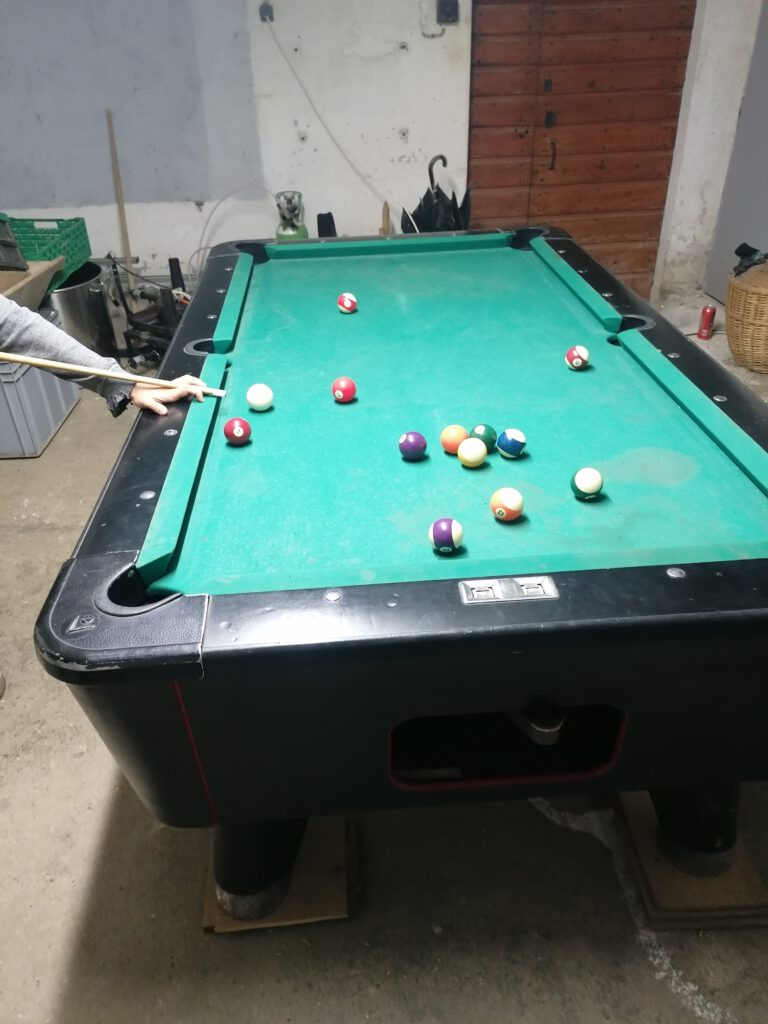
The next day, my destination was Avignon, to meet my buddy Jakob there: An ambitious goal for one day, especially after things didn’t go so well on the last day. But luckily Angela drove to Geneva for work the next day and was able to drop me off at the rest stop. The second person I approached there was Sarah – a British woman who has lived in Switzerland for 40 years. She was a bit sceptical at first, but then agreed to give me a lift. What luck, because she was able to give me a lift until just before Marseille and we had a really cool car ride together. Despite the age difference, we were able to have a really good chat, confide in each other a lot – maybe because we’ll probably never see each other again – and drove through a beautiful landscape. Sarah showed me her Spotify playlist “#IamGerman” and we sang the Toten Hosen and Cordula Grün together (not the Malle version, but the original by Josh – an important difference in my opinion). Another of many experiences I would never have had if I were travelling through Europe by bus or train.
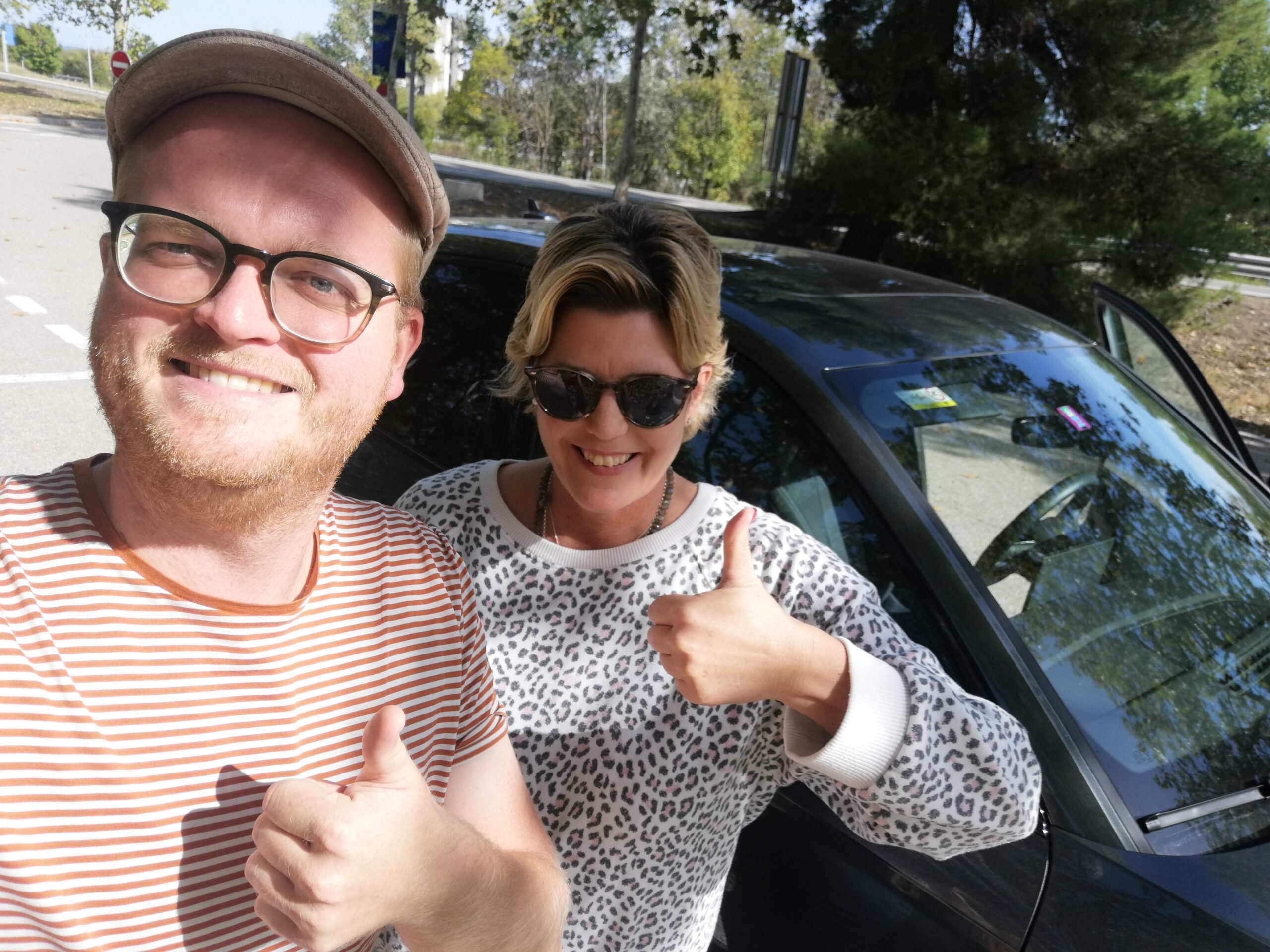
I had another such experience on the way to Barcelona. After I had been picked up twice only for short distances, a Porsche Cayenne passed me at a rest stop. So far, the reactions of luxury car drivers have been rather reserved or dismissive. But Timo (name changed), a Russian, kindly offered me a ride to Barcelona. He was happy to have my company, as he had been on the road for several days to bring the Porsche from Helsinki to Alicante for a friend. This is one of the many contrasts during my journey: I hitchhike and try to find accommodation with friends, and at the same time this luxury car is driven 4000 kilometres so that the owner can have it at his new place of residence. By the way, Timo was only able to leave Russia for Finland because he has another passport besides his Russian one.
It was clear to me from the beginning that I wanted to talk to Timo about the Russian war of aggression and the situation, but at the same time I knew that I needed tact, because I didn’t know how he saw everything and I was extremely dependent on him as a passenger.
Fortunately, as the journey went on, I found out that he condemned the war as much as I did. He said that he knows many people who have relatives on both sides and who have to fight against each other. By the way, I don’t want to give away too many details about him because of that.
But he also said that Ukraine had turned too much away from Russia because of its EU-friendly course and that they had thus lost access to many Russian-speaking people in their country, who in some parts were not even allowed to speak Russian. This does not justify a war in his eyes either, as he called it, by the way, but he did not want to leave it unmentioned.
When I asked him if there were protests against Putin in his city, he answered in the affirmative, but also said that he did not believe that the protests would bring anything. People would be put in prison for several days and thus silenced. That is why he did not take part in the protests, because as a family man he did not want to go to prison. In general, Putin is not the only mastermind of this war, but he is already old and much supported by a staff that is sometimes even more cruel.
For me it was an exciting opportunity to talk to a person from Russia in these times. But at the same time, of course, this is only one perspective of many.
The oppression of women during the fascist era under Franco
I am aware that the period of fascism under Franco in Spain is a huge topic that many of you have already dealt with and that has been dealt with much better in numerous articles than I could here. Nevertheless, I would like to give an impulse here to deal with the topic again or even for the first time – but nothing more.
Whenever I’m in Spain, I stumble across it again and again. I find it exciting but above all frightening that for so long after the Second World War (until 1975) a fascist dictator was able to hold power in a European country. This was probably made possible by the neutrality he received with Spain in the Second World War. But this did not change the fact that after his coup, supported by the fascists in Germany and Italy, he executed several hundred thousand people, deported about 1.5 million people to concentration camps and further restricted the rights of the natives in the colonies. I am stunned by this every time…
During this trip, as I said, I got a different approach to the time: In the “Museo Valenciano de la Ilustración y Modernidad” there is currently an exhibition on “Elena Francis. Frankism & Subordination of Women”. In 1950, the most famous radio consultation of Franco’s time began. Elena Francis started the “Consultorio de la mujer”, i.e. the counselling of women. Thousands of desperate women turned to the programme with their problems and received advice based on Franco’s doctrine: the woman as subordinate to the husband, entrusted with the household, without personal or professional autonomy let alone personal rights.
It is important to mention here that Elena Francis never really existed. She was a character invented by Àngela Castells, whose responses were later invented by other women and even by a man in the last 18 years.
This ensured that women in Franco’s time submitted as the dictator and his henchmen imagined.
No matter what request came, the answer was always that it was up to the woman to be patient, straighten out the problem and submit to the man. Even if a woman wrote that her husband had cheated on her, she was told that it was the woman’s fault, that it was normal for a man to have an emotional crisis and that she just needed patience so that the man would come back to her. Under no circumstances, however, should she judge him or put him under pressure.
Here are a few quotes from the programme at the time:
The man’s job is to negotiate with everyone, and the woman’s job is to talk with a few. The man’s job is to talk well, and the woman’s job is to be silent. The man’s task is to strive for money, and the woman’s task is not to waste it. The man’s job is to be master of all things, and the woman’s job is to be accountable for all things.
“Consultorio de la mujer” from Elena Francis
The life of every woman, no matter how much she wants to pretend – or disguise – is nothing but the eternal desire to find someone to submit to.
“Consultorio de la mujer” from Elena Francis
Her husband is in a moral crisis and an extraordinary disorder. He is no ordinary conqueror, shimmying from flower to flower. This is one of the many cases of good husbands standing in the way of an unscrupulous wife who does not care for a family’s happiness and therefore takes pleasure in destroying it. Rest assured that if you are tactful and patient, your husband will come back more in love than ever. But you must not insult him with words or come down hard on him.
Advice to a betrayed woman
I find it really hard to understand how short it has been since such statements were broadcast on public radio and I am glad that we have come much further in the meantime. But the fact that the exhibition is in a small corridor in the basement alone shows that there is still a lot missing.
